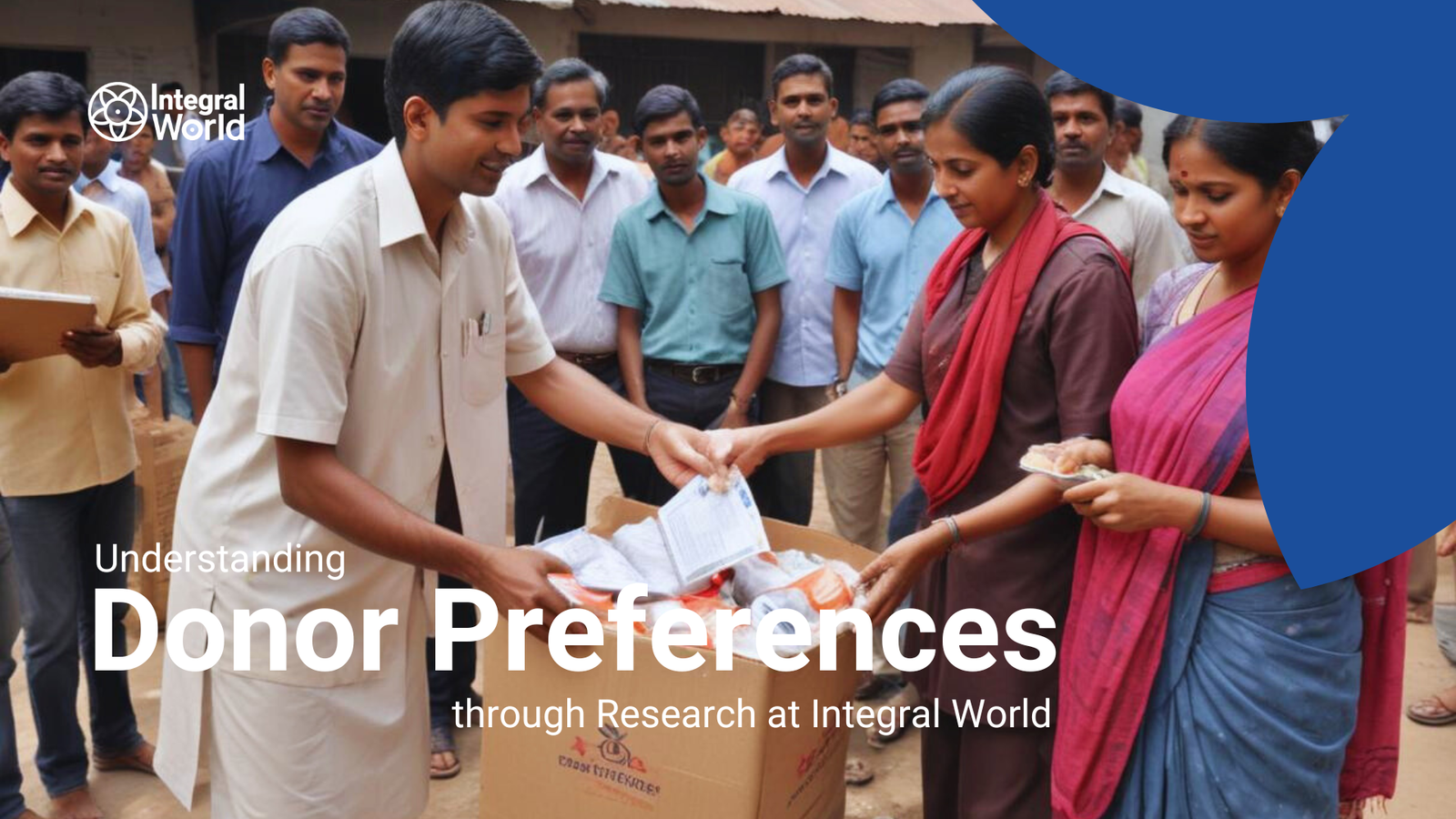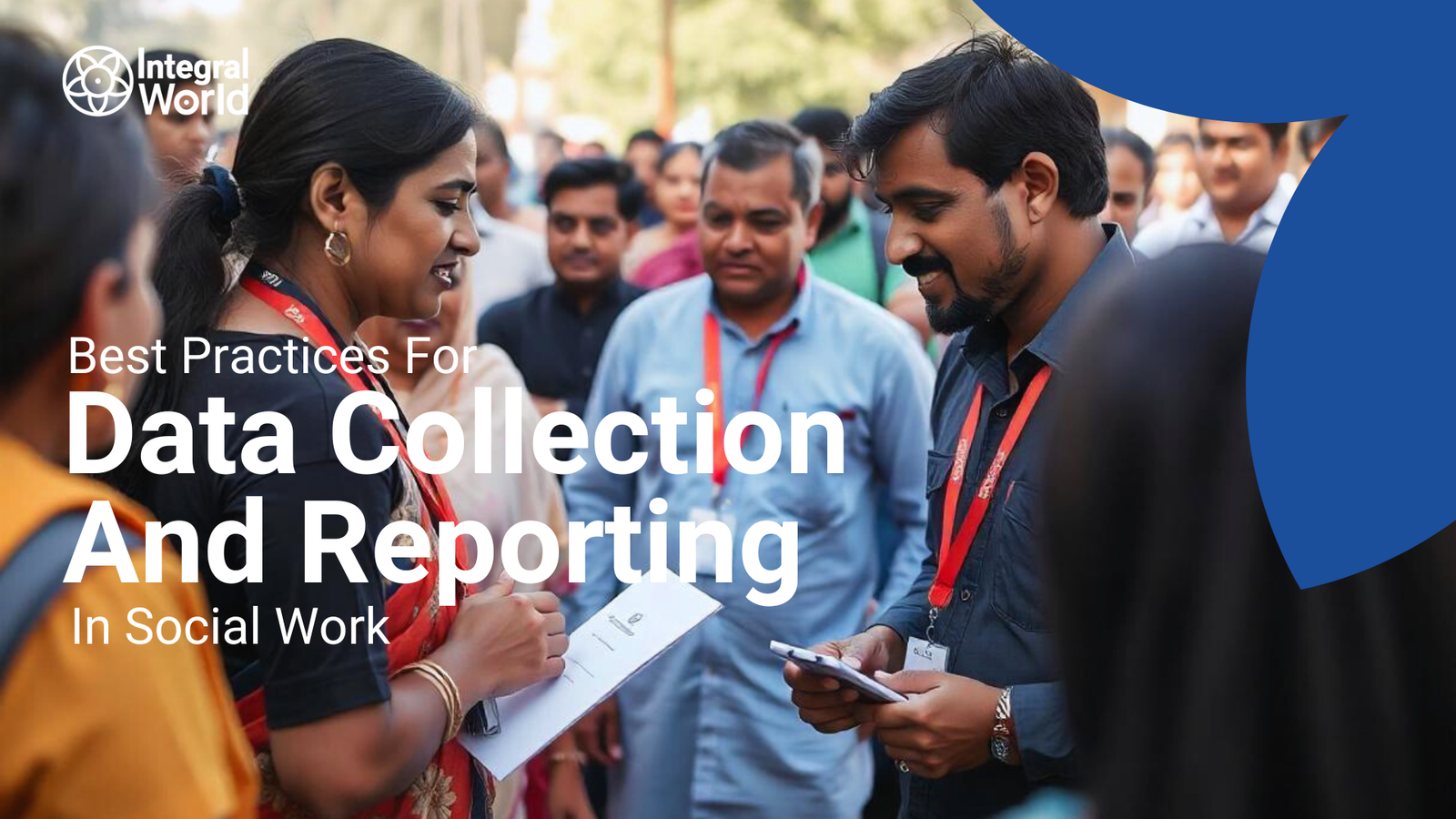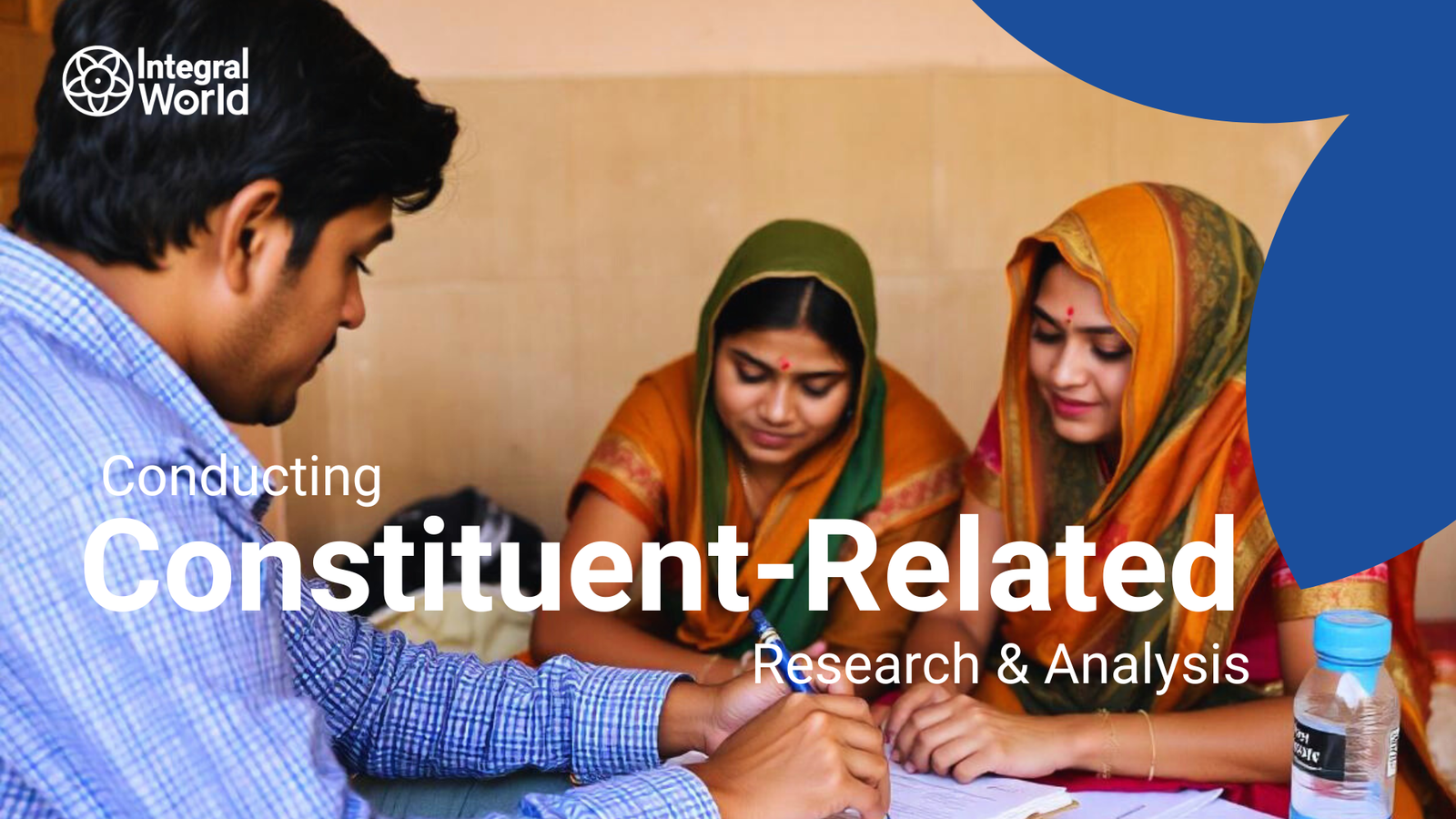Understanding donor preferences and involving communities are key to sustainable non-profit programs. Discover practical strategies and real-world examples in this guide from Integral World.
Continue readingBest Practices for Data Collection & Reporting in Social Work
In social work, effective data collection and reporting are essential to drive impactful development strategies. There is a need for accurate data that can inform strategic decisions and enhance transparency, accountability, and stakeholders’ engagement.
Integral World appreciates the transformative power of data-driven approaches to social work and leads organizations through best practices in data collection and reporting. This article explores strategic workshops as well as training programs designed to improve these practices, giving detailed examples, success stories, as well as expert insights that illustrate the benefits.
Importance of Data Collection & Reporting in Social Work
Effective social work depends on a good foundation of data collection and reporting. It helps organisations understand community needs, measure program outcomes and show the impact they have made. Here’s why:
Informing Decision Making
Data provides factual basis for decision-making thus enabling organisations to tailor their interventions according to specific needs of their communities.
Transparency and Accountability
Trust with donors, stakeholders, beneficiaries among others can be built by accurate reporting which promotes transparency and accountability.
Impact Assessment
Data allows evaluating effectiveness of programs and identifying areas requiring improvement thereby ensuring cost-effective use of resources.
Advocacy & Fundraising
Well-documented data can be used as a tool for advocacy or fundraising showing the value or impact of an organisation’s efforts to potential supporters.
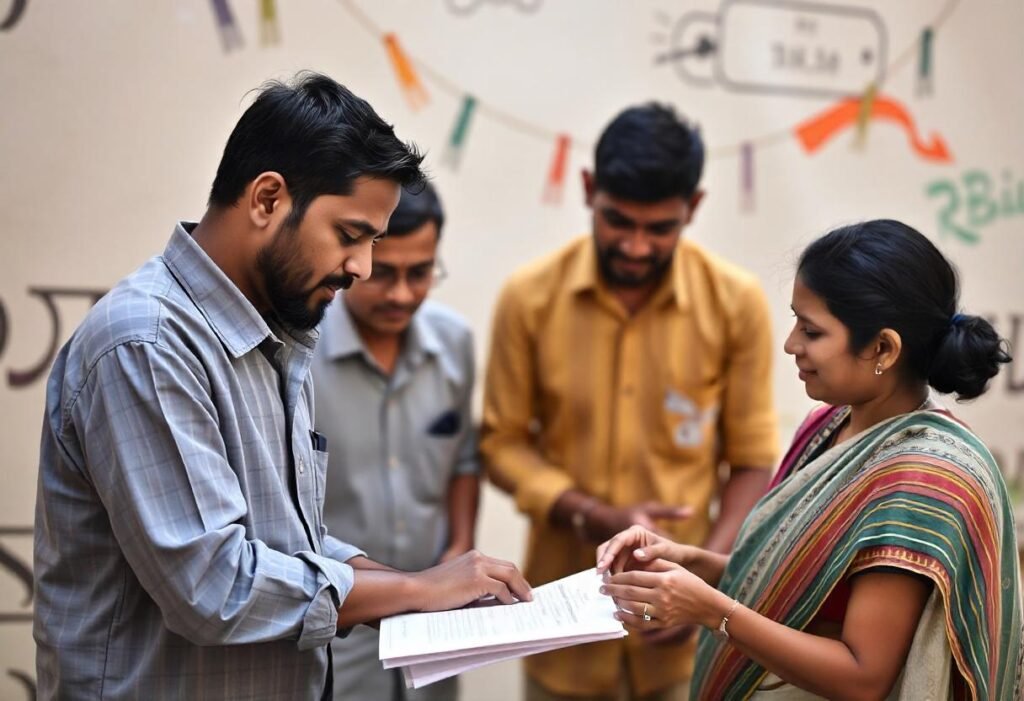
Practices in Efficient Data Collection
Clearly Define Objectives
It is crucial to define clear objectives before embarking on gathering information through such means. Find out what details you want here, why you need it there and how it will be utilised later.
Expert Insight: “For effective data collection there must be clear objectives that ensure relevant information gathering consistent with your organisation goals” (Dr Sarah Thompson; Research Specialist).
Use Standardised Tools & Techniques
Standardisation ensures consistency and reliability in collecting data. These include validated questionnaires surveys as well as protocols used for collecting data.
Actionable Tip: Staff need to be trained on standardised methods and tools so that they can effectively collect data. Take time to review and update your tools so as to incorporate new trends and best practices.
Ensure Quality Data
Data of high quality is accurate, timely, and complete. Measures such as regular audits or validation checks should be implemented to ensure quality data.
Actionable Tip: Develop a data quality management plan with procedures for entering, validating, and verifying data. Educate staff in maintaining integrity of information.
Adhere to Ethical Guidelines
Ethics are crucial when collecting data. Obtain permission from participants and keep their information private while treating sensitive data with caution.
Expert Insight: “Building trust between you (the researcher) and the participants is an important factor because it increases the credibility of results obtained from your studies” (Dr. Emily Carter; Ethics Advisor).
Technology Adoption
The use of technology can aid in streamlining processes related to collection of data as well as increase its reliability. Use digital platforms or tools for collecting, storing, analysing primary research quickly.
Actionable Tip: Look into software assisting with managing records together with mobile applications which facilitate real-time reporting. Technology solutions must also be secure and user-friendly.
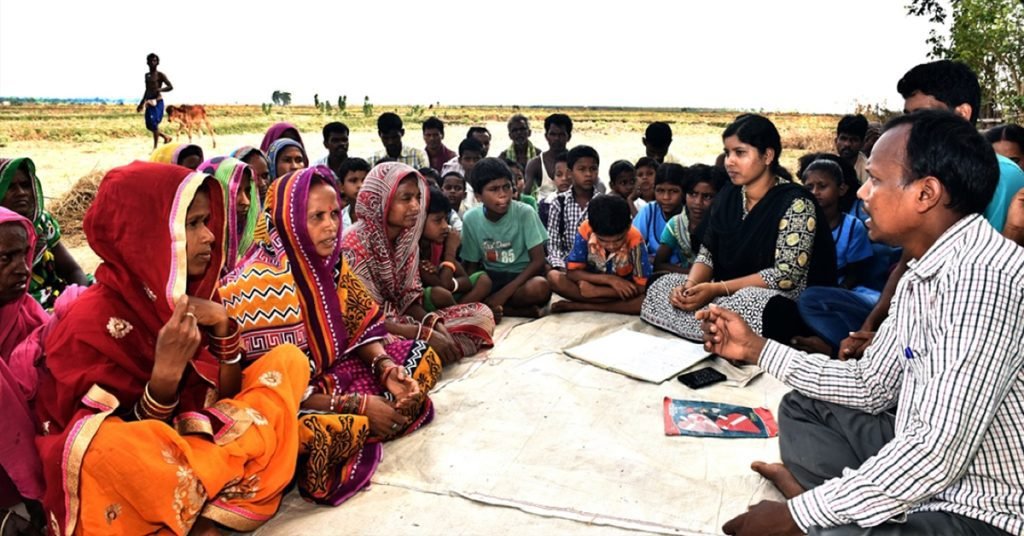
Practices in Effective Data Reporting
Presenting Data Clearly & Effectively
Effective reporting involves presenting data in a clear, concise way through visual appeal. Use charts or graphs along with other infographics that can help readers understand complex information easily.
Actionable Tip: Invest in training your staff on how data visualisation should be done besides report writing skills. Create templates that capture main findings while proposing actions within reports.
Match Reports to the Target Market
Different stakeholders have diverse information needs. Make your reports suit your audience’s requirements, such as donors, board members or community members.
Expert Opinion: “Understanding your audience and customising your reports according to their preferences is important for effective communication. Tailor these documents to suit the desires and worries of each stakeholder cluster,” says John Stevens, Communication Specialist.
Highlight Key Findings and Impact
Concentrate on key findings and outcomes. Utilise figures that will tell a powerful story regarding what difference your organisation has made.
Actionable Tip: Use case studies and success stories in reports to explain how actions impact real life situations. Back up the narrative with data and highlight accomplishments.
Be Transparent About Limitations
Recognize shortcomings in reporting data. Transparency about possible biases or gaps improves credibility and trust.
Expert Opinion: “One way to maintain trust with stakeholders is by being transparent about limitations in the data collection process. This means that you are devoted towards truthful representation,” explains Dr. Jessica Lee, Data Analyst.
Utilise Feedback for Improvement
Ask for feedback about report content and data capturing methods used. Use this feedback to make improvements and refine your practices.
Actionable Tip: Have a system where stakeholders can give feedback on your reports. Regularly evaluate such comments in order to enhance both the practice of gathering information as well as its dissemination using the same.
Actionable Tips for Organizations
- Invest in Training: Educate your workers concerning collecting, managing along with reporting of data properly. Update training materials as new advances emerge in technology regularly.
- Embrace Best Approaches: Follow best approaches to data gathering and reporting which should include using standard tools, ensuring data accuracy, and presenting information in a clear manner.
- Use Technology: Make use of digital tools and platforms in order to make the process of data collection and reporting easier. Find out about other advanced technologies that can aid you in managing your information well.
- Involve Stakeholders: Reports have to be adjusted depending on who is going to read them. Use facts to narrate events convincingly so as to show how much work you have done.
- Transparency is Important: Recognize the limitations of your data and reports. Let stakeholders know that there may be some biases or gaps in the report making them trust you more.
- Feedback Utilisation: Develop feedback mechanism through which stakeholders will give their inputs into the way they think you are doing it right or wrong regarding your data collection practices and reporting activities. Improve continually by taking advice from these evaluations.
Conclusion
It is a fact that effective collection and reporting of data are crucial for propelling social work forward. Organisations can use best practices, technology, and engage with stakeholders to increase their ability to make good decisions, be transparent and move the needle. Integral World helps development organisations incorporate these principles into their operations so they reach their targets.
Do you want to improve your data collection and reporting procedures? Be a part of Integral World and our well-developed strategic workshops and training programs designed to strengthen your organisation and produce results.
Conducting Constituent-Related Research & Analysis
For effective initiatives in sustainable and holistic development, deep understanding of the communities and constituents is necessary. Constituent-related research and analysis are important for driving positive global impact and achieving development goals at Integral World, a non-profit organisation aimed at promoting sustainable and holistic development.
This article will discuss how organisations can be steered towards these objectives through clear vision as well as strategic change supported by insights from scholars and thought-leaders, concrete examples, and actionable tips.
The Importance of Research on Constituents
Nonprofits collect data about the people and communities they serve while conducting constituent related research. Through this process, valuable knowledge regarding their needs, preferences, challenges as well as aspirations is obtained.
When done properly it informs strategic planning, program design and resource allocation ensuring that plans are relevant to the context and therefore impactful.
Key Benefits
Informed Decision-Making: Organisations should make decisions based on data including specific needs or dynamics of their target populations so that they improve program relevance as well as efficiency.
Increased Stakeholder Engagement: Engaging the community in research promotes ownership among them; it implies that even common citizens have a voice.
Enhanced Program Design: Organisations can develop programs addressing practical aspects informed by constituent inputs leading to better results with recipients’ satisfaction.
Resource Optimization: How nonprofits use resources efficiently is crucial. In order to identify areas where there is high demand for funds, research helps identify priority areas.
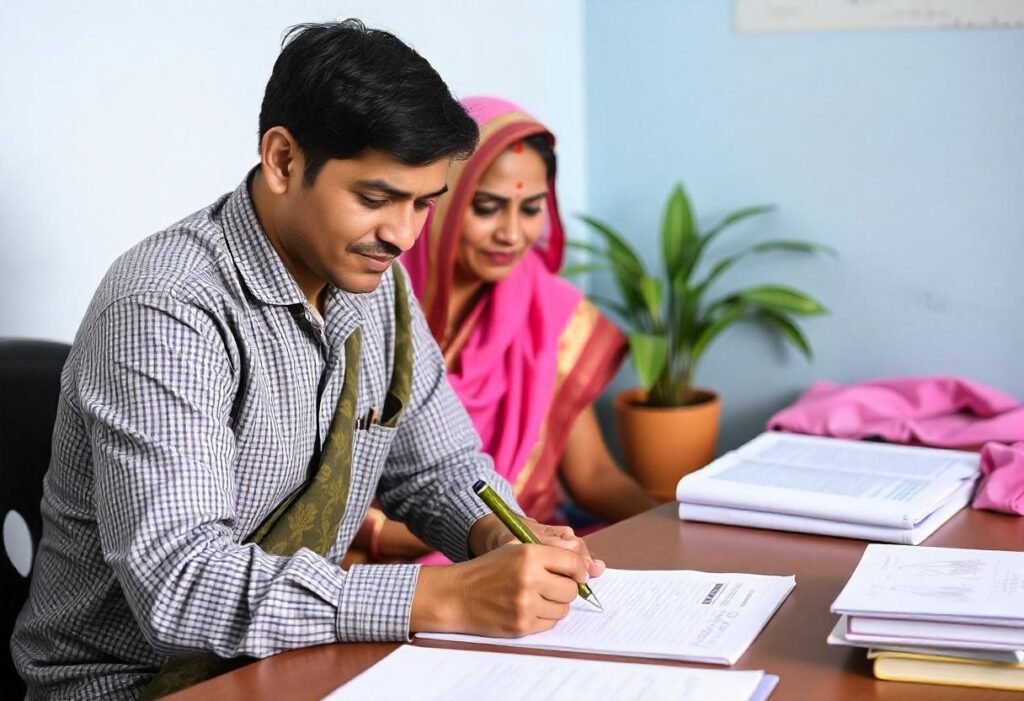
Concrete Examples and Case Studies
Example 1: Rural Education Programs
A non-profit organisation dedicated to improving education in rural areas that are underserved conducted thorough research to identify the specific challenges faced by local schools. They found out through extensive interviews with teachers, parents and students that there were inadequate learning materials and poor school infrastructure. Based on this information, they provided educational resources, upgraded classroom facilities and organised teacher training workshops among other things as a way of addressing these issues. Targeted research led to increased student enrollment and improved academic performance, demonstrating its effectiveness in addressing educational needs.
Example 2: Urban Environmental Projects
An environmental NGO focusing on urban areas used research methods to identify pollution sources and the main environmental concerns in a particular locality. Public surveys as well as forums helped them find out more about such things as industrial waste and vehicle emissions. Accordingly, it initiated pollution control measures such as community clean-up events and awareness campaigns. Consequently, this resulted in better air quality & more environmentally aware communities.
Steps to Conduct Effective Constituent-Related Research
Conducting thorough and effective constituent-related research involves several key steps. Here is a step-by-step guide for NGOs and other organisations:
Step 1: Define Research Objectives Clearly define what you hope will come from this study. What specific information are you seeking? How is this information useful for your programs or strategies? A clear purpose helps guide the research process, making it actionable.
Step 2: Choose Appropriate Research Methods Select research methods that match your objectives and context best. Examples include surveys, interviews, focus groups or observation studies. To have a fuller understanding of an issue, mixed methods which combine both approaches can be used.
Step 3: Engage the Community Involve local people in your research process like designing the study, collecting data, analysing finds among others. This would mean that when carried out on-the-ground its findings become more relatable thus becoming more credible therefore be acceptable.
Step 4: Collect and Analyze Data Gather data systematically following ethical considerations. Tools used should guarantee accuracy and dependability of collected data.. Thereafter, analyse data so as to identify patterns/trends/key insights thereby giving a rigorous analysis reflective of the community’s context.
Step 5: Share Findings And Take Action Let stakeholders like community members learn about the facts obtained through such a survey; donors and partners. Utilise this experience, and direct the strategic planning, program design as well as resource allocation for better results. Implement the actions recommended then have subsequent monitoring and evaluation of their impact.

Practical Strategies for NGOs
Taking into consideration the insights and practical examples given above, here are some practical strategies for NGOs that would assist them improve their constituent related research and analysis:
Build Local Partnerships Partner with other local organisations, community leaders and academic institutions. The partnerships will provide valuable skills in a wider range of fields including being able to engage communities more effectively as well as make your research more credible.
Use Technology In order to obtain data correctly, use technology effectively. Mobile surveys online platforms or data analytics tools can facilitate ease of conducting research saving on time thus giving reliable outcomes.
Ensure Cultural Sensitivity: Bear in mind cultural norms when designing or implementing research programs. This should involve using appropriate language, respecting local customs among others so that you avoid power dynamics.
Foster transparency by clearly communicating your intentions at every stage of the research process, from setting goals to sharing your methodology and findings. Make the entire process open to those affected or interested, such as the broader society.
Continuously Evaluate And Adapt Research is not a one-off activity but rather a continuous one where you keep evolving according to new learnings. Continuous evaluation leads to iterative nature leading to sustainability of such programs since they remain relevant until the end
Conclusion
For non-profit organisations to achieve sustainable and all-inclusive development, there is a need for constituency related research and analysis. It provides insight into communities, enabling informed decisions, effective program development, and resource optimization for better outcomes. Integral World is dedicated to aiding non-profits realise their objectives of development using strategic and thoughtful research.
Is your organisation prepared to extend its influence by undertaking inclusive constituent based research? To receive our assistance and have access to our expertise in this area, partner with Integral World. By coming together we can foster sustained growth that will positively impact globally. For more information about our services as well as case studies, checkout our website.

